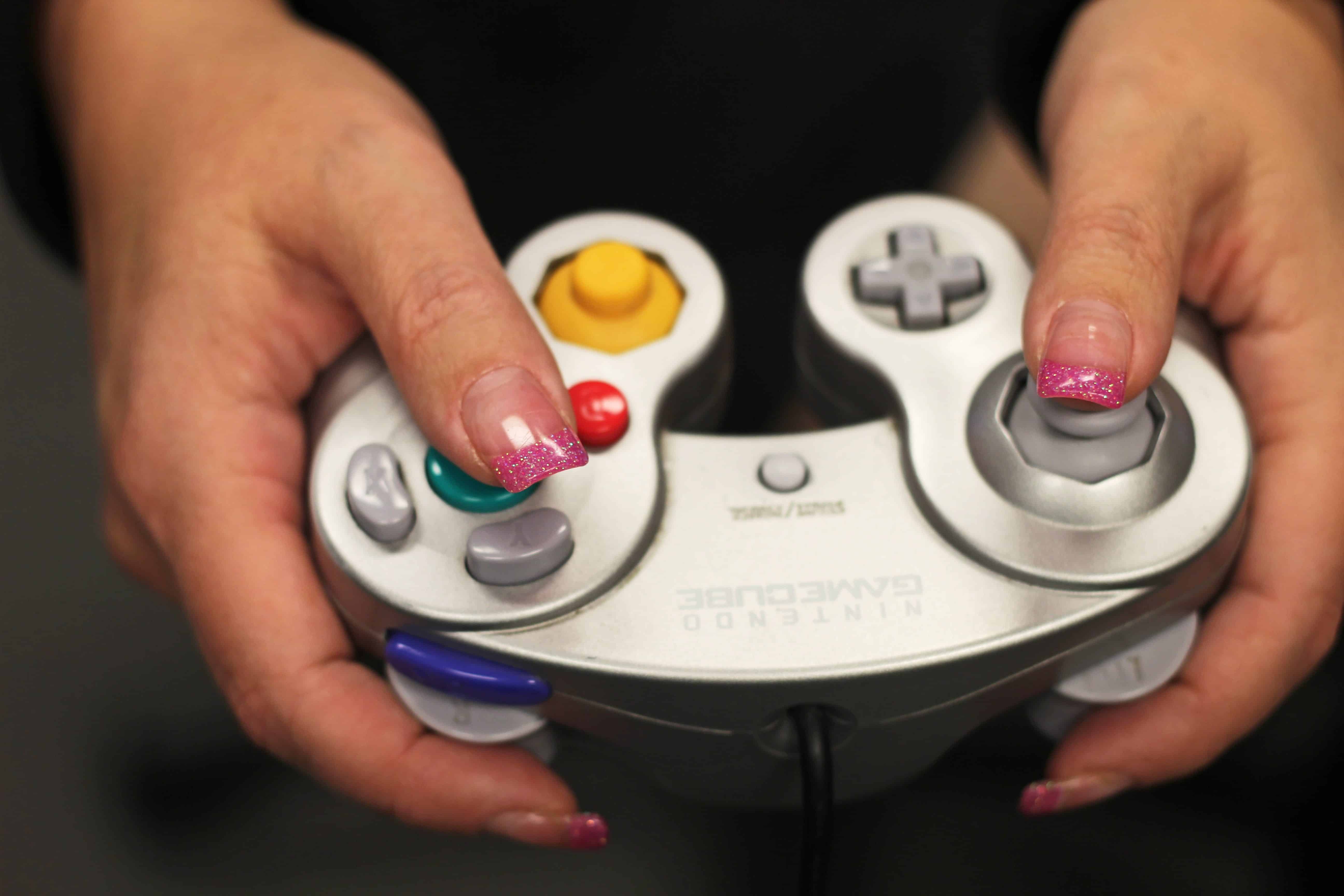Harassment is not a game

Video games should not be an outlet for anti-women anger.
Author: Sonia Stanger
Are you tired of hearing about sexism? I know I am. I’m tired of writing about it, and thinking about it. Most of all, I’m tired of living it. And I’m tired of people telling me that my experiences with sexism and misogyny aren’t real or valid.
Last week, feminist media critic Anita Sarkeesian had to cancel an appearance at Utah State University after the school received an email stating that if she was allowed to speak, a “Montreal Massacre style attack” would occur, and Utah’s pro-gun laws made it impossible to guarantee the event’s security. The threat was signed “Marc Lépine,” in reference to the perpetrator of the 1989 mass murder at the University of Montreal, where women were the targets. The threat against Sarkeesian mirrors the anti-feminist, anti-woman rhetoric expressed by Lépine, and is extremely graphic.
Anita Sarkeesian is accustomed to threats. Her “Tropes vs. Women” video series has elicited rage from male gamers who avidly deny the existence of misogyny and sexism in video games. The blowback against her work has reached a fever pitch in conjunction with “Gamergate,” a so-called movement that claims to focus on journalistic ethics, but most often descends into misogynistic harassment that is hurled with sickening regularity at Sarkeesian and other women in the gaming world. Sarkeesian has spoken at events where similar threats were issued, more than once. Her social media is flooded every day with threats of violence, rape, and murder. Her personal information has been leaked, and her family targeted. One creative man designed a video game called “Beat Up Anita Sarkeesian.” All this, just for speaking up. A reasonable way to respond to opinions one doesn’t agree with, no?
I’ve been told more than once in the course of discussing feminism that North American women shouldn’t complain, but instead thank their stars not to be “somewhere worse” where women are “actually oppressed,” and focus on those injustices. From this viewpoint, unless you’ve been publically beheaded for driving a car or suffered female genital mutilation, you have nothing to complain about. Aside from being logically shaky and ignoring significant chunks of the history of feminism, this argument is notably ironic in that it trivializes and silences the telling of women’s experiences. That is oppression in and of itself. What’s more, think about the circumstances in question. A professional, educated woman, engaged by a university, was silenced by the threat of brutal, gendered violence. The email described how “women like Sarkeesian want to punish us for even fantasizing about being men. This is why I’ve chosen to target her. Anita Sarkeesian is everything wrong with the feminist woman, and she is going to die screaming like the craven little whore that she is if you let her come to USU. I will write my manifesto in her spilled blood, and you will all bear witness to what feminist lies and poison have done to the men of America.” Doesn’t that sound like something that would happen “somewhere worse?” Doesn’t that sound like terrorism?
We can’t just dismiss this as an isolated case of crazy, extremist misogyny, though many have tried. In May of this year, Elliot Rodger, a man who said he wanted to put women into concentration camps, went on a killing spree at the University of California at Santa Barbara. In 2011, a Norwegian man named Anders Breivik murdered 77 people. Breivik subscribes to a far-right ideology that includes xenophobia and, you guessed it, a visceral anti-feminism. The man that threatened Anita Sarkeesian sees himself as another Lépine, following this tradition of men who feel disenfranchised by their world and translate that anger into a violent form of militant alpha-masculinity that too often targets women. If only this were an isolated incident; if only this tradition didn’t exist. Anita Sarkeesian shouldn’t be used to getting death threats. We shouldn’t be used to hearing this story. And yet she is, and we are. What’s important is to consider and examine the quiet ways misogyny persists in our society and how they translate to these explosive displays of violence.
Are you tired of hearing about misogyny? Me too. And I think we’re all tired of living it.









